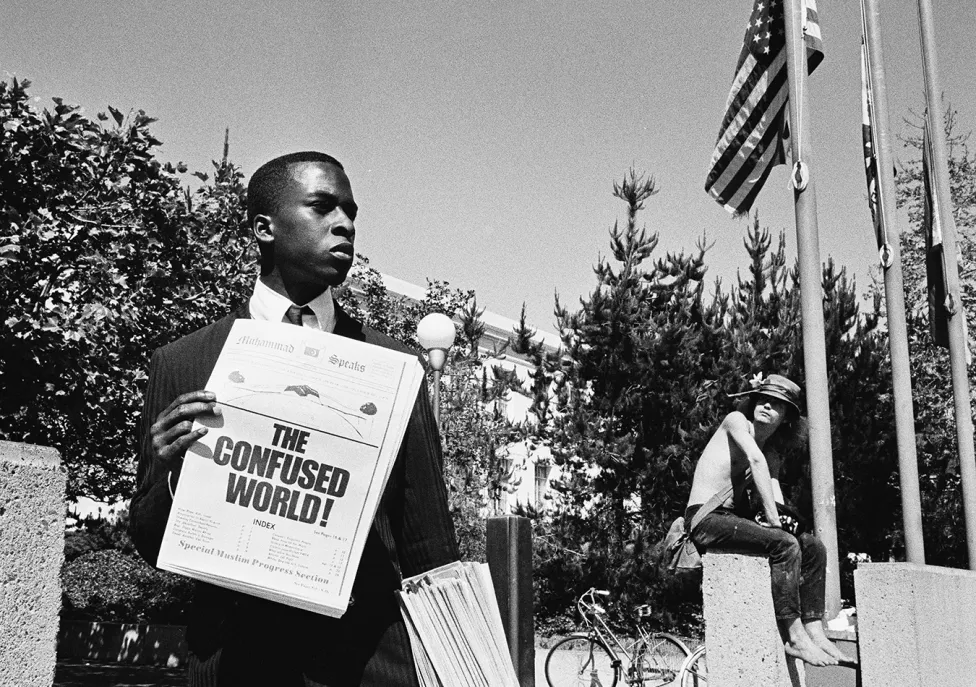Ernest Cole: Lost and Found
Get tickets:
Saturday, Mar 8, 2025
3 p.m.
| General admission | $11.50 |
| Seniors, Students, and DIA members | $9.50 |
| Discount passes (5) | $40 |
+$1.50 online convenience fee
France/2024—directed by Raoul Peck | 105 min.
Ernest Cole, one of South Africa's first Black freelance photographers, captured images that shocked the world by exposing the brutal realities of apartheid. Forced into exile in 1966, Cole continued his work in the U.S., documenting life in New York City and the American South—two places that alternated between stark contrasts and unsettling parallels to the segregation of his homeland.
At just 27, Cole cemented his legacy with the groundbreaking photobook House of Bondage, showcasing his extraordinary talent and courage. In Raoul Peck's compelling documentary, Cole’s story is brought to life through his writings and photographs, including 60,000 long-lost negatives discovered in a Swedish bank vault in 2017.
“More than a great photographer, Ernest Cole captured something essential.” –Owen Gleiberman, Variety

France/2024—directed by Raoul Peck | 105 min.
Ernest Cole, one of South Africa's first Black freelance photographers, captured images that shocked the world by exposing the brutal realities of apartheid. Forced into exile in 1966, Cole continued his work in the U.S., documenting life in New York City and the American South—two places that alternated between stark contrasts and unsettling parallels to the segregation of his homeland.
At just 27, Cole cemented his legacy with the groundbreaking photobook House of Bondage, showcasing his extraordinary talent and courage. In Raoul Peck's compelling documentary, Cole’s story is brought to life through his writings and photographs, including 60,000 long-lost negatives discovered in a Swedish bank vault in 2017.
“More than a great photographer, Ernest Cole captured something essential.” –Owen Gleiberman, Variety